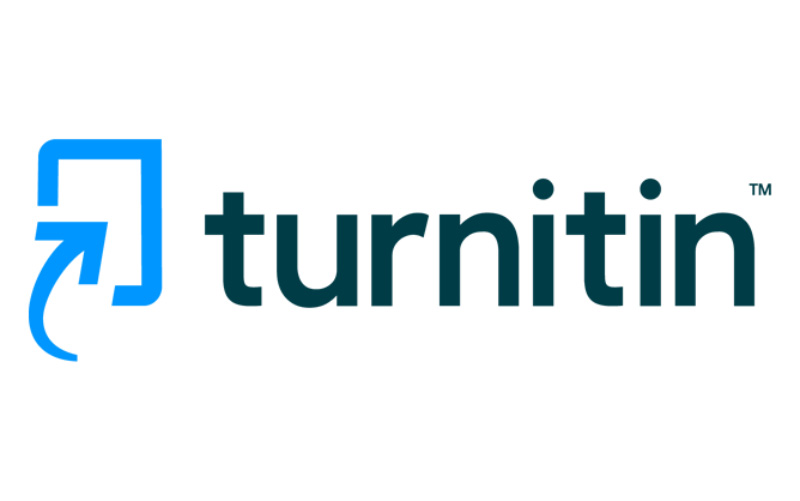PRIVATISASI BUMN SEBAGAI PILAR PEREKONOMIAN NASIONAL DALAM PERSPEKTIF HUKUM BISNIS
DOI:
https://doi.org/10.30997/jill.v15i1.7931Abstract
Guided by Pancasila and the 1945 Constitution, Indonesia should implement a welfare state with strategic planning for the welfare of the people through state ownership of certain business units that provide the greatest benefit for the welfare of the people by establishing companies that are majority or partially owned by the state, namely BUMN based on Good Corporate Governance (GCG). However, the role of BUMN has not been optimal and has not fulfilled the expectations of Article 33 of the 1945 Constitution and it is necessary to make improvements and arrangements, one of which is through privatization to improve and improve company performance. This research uses the juridical normative approach, namely, the law is conceptualized as norms, rules, principles, or dogmas, with data collection techniques used through library research methods and interviews and using qualitative analysis. Based on the results of the research conducted, there are many obstacles and problems in the application of the privatization method in reforming and structuring BUMN, especially related to separated state assets and the criteria for BUMN that can be privatized. For this reason, serious, systematic, tiered, and strategic efforts are needed in reforming and structuring state-owned companies, especially efforts to improve the performance and value of the company and are carried out by taking into account the legal side of the business and the state constitution.
Keywords : Constitution; Privatization; GCG; Community Welfare
Downloads
References
A. Tony Prasetiantono, Masa Depan BUMN dan Ambiguitas P rivatisasi, BUMN Indonesia: Isu, Kebijakan, dan Strategi, Jakarta, PT. Elex Media Komputindo, 2005
Martin Roestamy, Konsep-konsep Hukum Kepemilikan Properti bagi Asing (dihubungkan dengan hukum pertanahan), Bandung, Penerbit: PT. Alumni, 2011.
Muchayat, Badan Usaha Milik Negara: Retorika, Dinamika dan Realita Menuju BUMN yang Berdaya Saing, 2010, Cetakan I, Penerbit Gagas Bisnis.
M.Iqbal Asnawi, Implikasi Pengelolaan BUMN Persero Dalam Kerangka Welfare State Berdasarkan Mekanisme Perseroan Terbatas, Jurnal Hukum Samudra Keadilan, Vplume II Nomor 1, Januari-Juni 2016.
M. Syafi’ie. Sistemiknya Privatisasi Badan Usaha Milik Negara Dan Sumber Daya Alam Di Indonesia. Mahkamah, Vol. 1, ISSN:2527-4422. Juni 2016.
Rianto Nugroho dan Randy R. Wrihatnolo, Manajemen Privatisasi BUMN, Jakarta: PT. Elex Media Komputindo, 2008.
Sunaryati Hartono, Analisa Dan Evaluasi Hukum Tentang Privatisasi Badan Usaha Milik Negara (BUMN). Badan Pembinaan Hukum Nasional Departemen Hukum Dan HAM RI. 2005.
Website
“Holding BUMN membangun kekuatan”, www.BUMN.go.id. Diakses pada 27 Januari 2021.
https://bisnis.tempo.co/read/1285698/punya-142-anak-perusahaan-pertamina-berdalih-sesuai-uu- migas/full&view=ok. Diakses 20 Juli 2020.
https://www.bps.go.id/pressrelease/2020/07/15/1744/persentase-penduduk-miskin-maret-2020-naik-menjadi-9-78-persen.html. Dirilis tanggal 15 Juli 2020.
Tri Widodo W Utomo, “Memahami Konsep Negara Kesejahteraan (Welfare State)”, 2013, (http://triwidodowutomo.blogspot.com/2013/07/memahami-konsep-negara-kesejahteraan.html), diunduh pada 28 Juli 2020.
Downloads
Published
How to Cite
Issue
Section
License
Copyright (c) 2023 JURNAL ILMIAH LIVING LAW

This work is licensed under a Creative Commons Attribution-ShareAlike 4.0 International License.
Authors who publish with Jurnal Ilmiah Living Law agree to the following terms:
- Authors retain copyright and grant the journal right of first publication with the work simultaneously licensed under a Creative Commons Attribution 4.0 International License that allows others to share the work with an acknowledgement of the work's authorship and initial publication in Jurnal Ilmiah Living Law.
- Authors are able to enter into separate, additional contractual arrangements for the non-exclusive distribution of the journal's published version of the work (e.g., post it to an institutional repository or publish it in a book), with an acknowledgement of its initial publication in Jurnal Ilmiah Living Law.
- Authors are permitted and encouraged to post their work online (e.g., in institutional repositories or on their website) prior to and during the submission process, as it can lead to productive exchanges, as well as earlier and greater citation of published work



